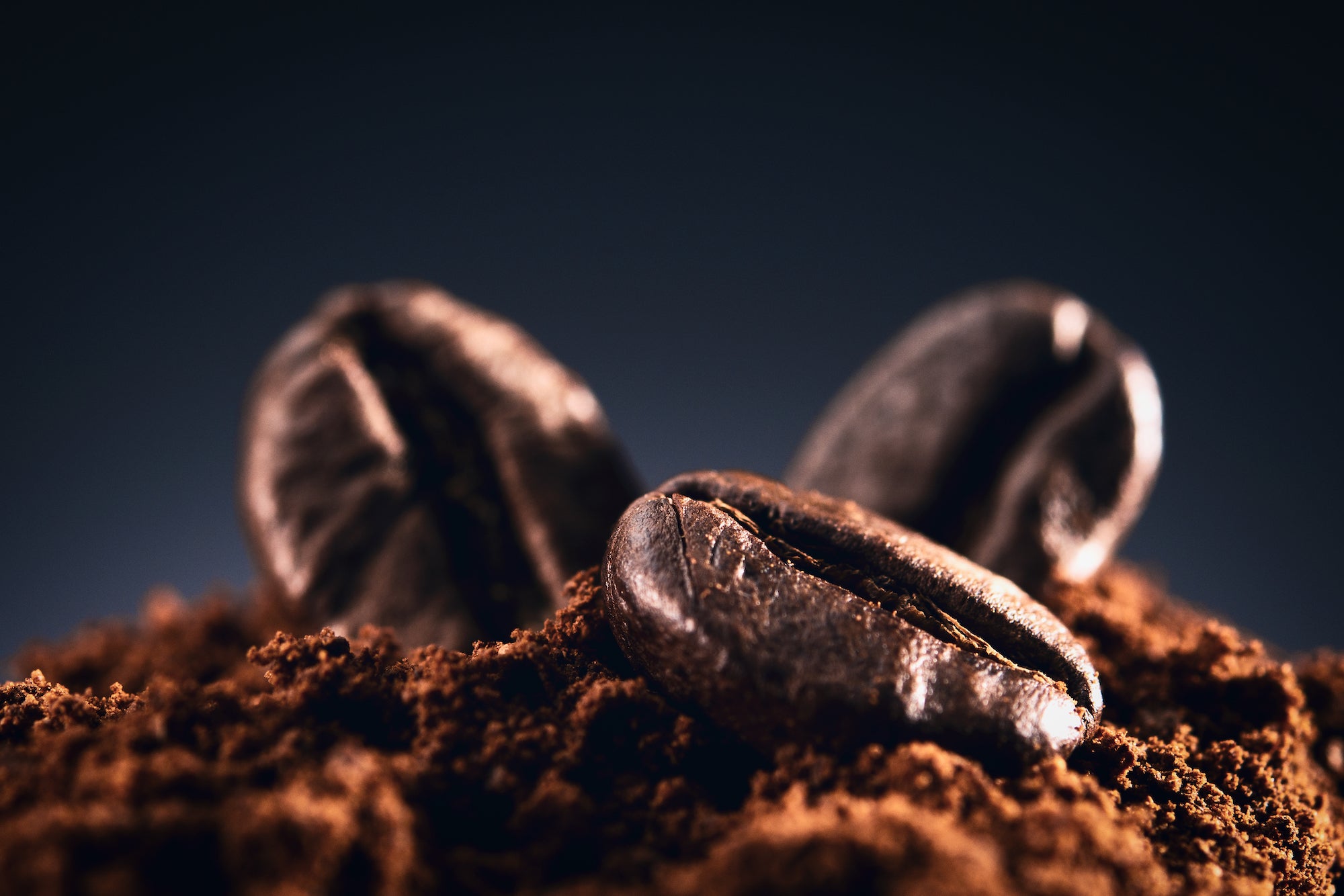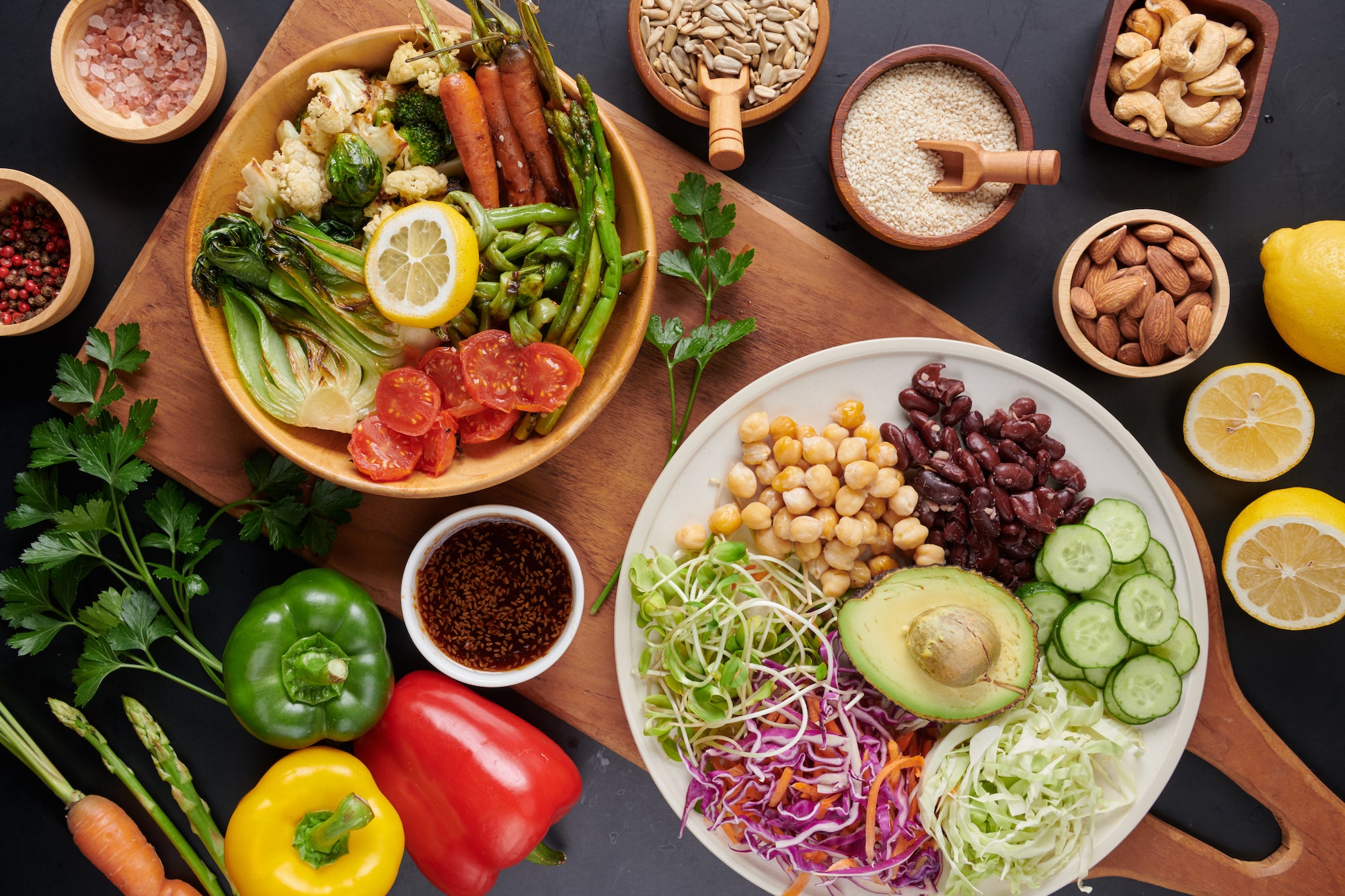In a world where coffee is not just a beverage but a morning ritual for millions, its impact on health is a topic of widespread interest and debate. Among the many questions raised, one that frequently surfaces is: Does coffee raise blood pressure?
This article delves into the heart of this question, exploring the relationship between coffee consumption and blood pressure levels. Let’s start by covering some basics.
Understanding Blood Pressure and Its Importance
Blood pressure is a critical measure of health, reflecting the force exerted by circulating blood on the walls of blood vessels. It’s typically expressed in two numbers: 1) systolic pressure (the upper number on a blood pressure reading), which indicates the pressure when the heart beats and pumps blood, and 2) diastolic pressure (the lower number), which represents the pressure when the heart is at rest between beats.
This measurement is crucial in assessing cardiovascular health and is recorded in millimeters of mercury (mmHg). Blood pressure numbers less than 120/80 mmHg are considered within the normal range.
- Normal blood pressure is between 90/60 mmHg and 120/80 mmHg. This range ensures that all body organs and tissues receive adequate oxygen and nutrients carried by the blood.
- Elevated blood pressure (aka hypertension) is above 120/80 mmHg and can lead to serious health issues, like heart disease, stroke, and kidney problems.
- Abnormally low blood pressure (aka hypotension) is lower than 90/60 mmHg and can cause dizziness and fainting and potentially indicate underlying health concerns.
Coffee and Caffeine: An Overview
Coffee, a widely popular beverage, is made from coffee beans, which are roasted seeds of the Coffea plant.
Caffeine is the most well-known and active ingredient in coffee, responsible for its stimulating properties. It works primarily by blocking the action of a neurotransmitter called adenosine, which promotes sleep and relaxation, thereby increasing alertness and reducing the feeling of tiredness.
The caffeine content in coffee can vary significantly based on the type of coffee bean, the brewing method, and the serving size. On average, an 8-ounce cup of coffee contains about 95 milligrams of caffeine, although this amount can range from about 30 to 200 milligrams.
Does Coffee Raise Blood Pressure?
As mentioned, caffeine operates primarily by blocking adenosine receptors, which normally promote vasodilation and relaxation of the blood vessels. When caffeine inhibits these receptors, the opposite effect occurs: vasoconstriction, or the narrowing of blood vessels.
This effect can result in a temporary rise in blood pressure, particularly for those who do not regularly consume coffee. More specifically, a review encompassing 34 studies showed that consuming 200–300 mg of caffeine from coffee, roughly equivalent to 1.5–2 cups, led to an average elevation of 8 mmHg in systolic and 6 mmHg in diastolic blood pressure.[*]
This effect was found to last for up to three hours following consumption, and the results were consistent among individuals with normal baseline blood pressure as well as those with pre-existing hypertension.
The good news is that while coffee might cause a temporary increase in blood pressure after consumption, this effect does not seem to persist over the long term. Many studies and meta-analyses show that regular coffee consumption is not associated with high blood pressure.[*][*]
Can Coffee Actually Lower Blood Pressure Over Time?
Interestingly, a new 2023 study found that drinking two or more cups of joe daily was associated with reduced peripheral and central blood pressure. This is good thing, as high peripheral and central blood pressure are thought to be indicators of arterial stiffening and aging.[*]
In older adults with hypertension, the large arteries are often more rigid, resulting in an elevated systolic blood pressure (the upper number of a blood pressure reading) and a wider pulse pressure (the difference between the upper and lower numbers).
The researchers theorized that when coffee is habitually consumed, the antioxidants found in coffee—which can help blood vessels dilate—may counterbalance the blood pressure-raising effects of caffeine.
What Do Health Authorities Say?
According to the U.S. Food and Drug Administration (FDA), consuming up to 400 milligrams of caffeine daily is safe for most people.[*] That’s equivalent to roughly 3 to 5 cups daily.
The Mayo Clinic advises that if you're worried about the impact of caffeine on your blood pressure, consider restricting your caffeine intake to 200 milligrams per day. This amount is roughly equivalent to two 8-ounce cups of brewed coffee or one packet of IQJOE.[*]
The best approach, though, is to consult with a healthcare provider for personalized advice.
Tips for Coffee Drinkers with High Blood Pressure
For individuals with high blood pressure or those at risk, here are some tips for managing coffee consumption:
- Check In with Your Doctor: If you have high blood pressure, check in with your doctor about your coffee consumption.
- Monitor Your Response: Pay attention to how your body reacts to coffee over time. If you notice a significant increase in blood pressure in the short-term or long-term, reduce your intake and check in with your doctor.
- Be Mindful of Timing: Avoid drinking coffee before activities that might naturally raise your blood pressure, such as a stressful work meeting or exercise.
- Practice Lifestyle Balance: Combine coffee consumption with other healthy lifestyle practices, such as regular physical activity and a balanced diet, to manage blood pressure effectively.
- Reduce Consumption of Other Caffeinated Beverages: Be mindful of other sources of caffeine, such as energy drinks, sodas, black tea, and green tea. Balancing your overall caffeine consumption, not just from coffee intake, can help in better regulating blood pressure levels.
- Consider IQJOE: This instant coffee is infused with two nutrients (magnesium L-threonate and lion’s mane mushroom) that may help counteract some of the adverse effects of caffeine, like jitters and, potentially, blood pressure spikes.
The Bottom Line
The consensus emerging from research offers a reassuring message for coffee enthusiasts: moderate and habitual coffee consumption, typically defined as 1 to 4 cups daily, does not increase, and may even reduce, the risk of developing high blood pressure over time.
To elevate your morning ritual, consider trying IQJOE, an instant Brazilian coffee designed to promote crash-free energy while improving cognitive performance and mood.
IQJOE comes in four flavors: Original Black, Vanilla Spice, Toasted Hazelnut, and Caffè Mocha. Not sure which flavor to choose? Try our 16-Stick Variety Pack to find your go-tos!
Written by Katie Koschalk, a health and wellness writer, certified holistic nutritionist, and certified personal trainer based in California.




